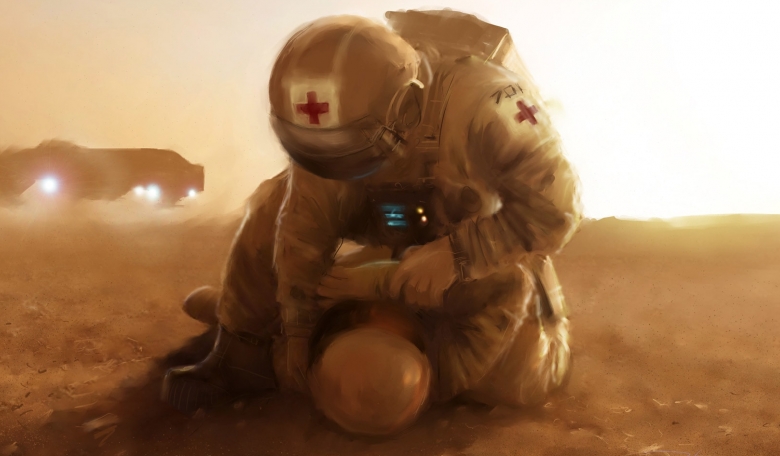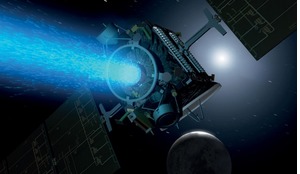The vast distance to Mars and its inhospitable environment mean it is imperative for the first colonists in any future settlement to be independent particularly when it comes to treating medical emergencies, as well as for general and mental health, and many other things we take for granted. Drawing on existing studies for long-duration space missions and related medical research, this article seeks to identify potential countermeasures to many of the human risks to living on Mars and suggests avenues where more research is needed.
The concept of humans living on Mars is shifting slowly from the realm of science fiction into technological reality. NASA intends to take humans to Mars in the 2030s and SpaceX founder Elon Musk is working towards a full-time human presence on the red planet by 2040. Even more ambitiously, Musk intends for this Martian colony to grow eventually to a population of 80,000 people.
As a relatively small outpost located in a hazardous environment far from Earth, a Mars colony could not afford to have many sick orinjured members. Treatment requires the use of limited medical and human resources and prolonged illness, injury or even death would impact designated tasks. The human health challenges of a Martian colony calls for pragmatic planning at a basic level.
A well-functioning Martian colony would need to address numerous issues related to human health and well-being in space. While many of these areas may be fascinating - such as human reproduction in space - their discussion at this time is almost entirely speculative. Clearly, the ability to reproduce is essential for the health and sustainability of any colony but it is an area of that still needs considerable study. Here we will focus on ‘immediate’ health needs of the first generation of Martian colonists - radiation, gravity, circadian dysrhythmias, life-support systems, mental health, and public health.
Read more about the risks of living on Mars and the possible ways of lowering those risks in the full version of the article, available now to our subscribers.














